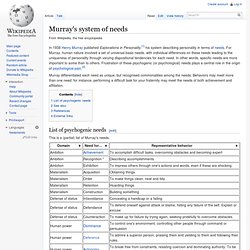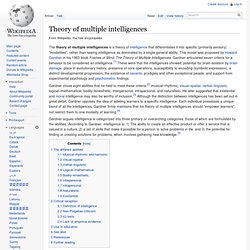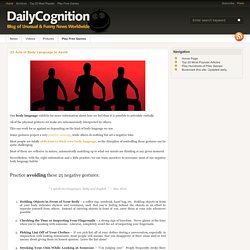

6 Insane Things Science Can Predict About You at Infancy. #3.

Smaller Babies Do Worse on Exams Getty Want to know whether it's worth it to put money aside for your baby's college education? Just put that baby on a bathroom scale.* A study conducted in England found that the smaller the baby at birth, the poorer he or she performs on exams later in life. *This is a joke. GettySo the earlier you start your prenatal steroid regimen, the better. The researchers picked out 334 kids from schools that had a pretty homogenous socioeconomic enrollment set (so they could prevent winding up with a bunch of kids who were both small and stupid for some extraneous reason, like, say, they were malnourished due to their parents' crippling meth addiction).
Half of the kids selected were of lower-than-normal birth weight, and the others were normal or larger. GettyMost go right to the "beer and balls" section, which has never been failed by a single participant. What we're trying to say is that for accuracy's sake, Bruce Banner should be bigger than the Hulk. #2. Murray's psychogenic needs. In 1938 Henry Murray published Explorations in Personality,[1] his system describing personality in terms of needs.

For Murray, human nature involved a set of universal basic needs, with individual differences on these needs leading to the uniqueness of personality through varying dispositional tendencies for each need. In other words, specific needs are more important to some than to others. Frustration of these psychogenic (or psychological) needs plays a central role in the origin of psychological pain.[2] Murray differentiated each need as unique, but recognised commonalities among the needs. Behaviors may meet more than one need: for instance, performing a difficult task for your fraternity may meet the needs of both achievement and affiliation. List of psychogenic needs[edit] This is a (partial) list of Murray's needs. See also[edit] Maslow's hierarchy of needs References[edit] Jump up ^ Murray, H. External links[edit]
Theory of multiple intelligences. The theory of multiple intelligences is a theory of intelligence that differentiates it into specific (primarily sensory) "modalities", rather than seeing intelligence as dominated by a single general ability.

This model was proposed by Howard Gardner in his 1983 book Frames of Mind: The Theory of Multiple Intelligences. Gardner articulated seven criteria for a behavior to be considered an intelligence.[1] These were that the intelligences showed: potential for brain isolation by brain damage, place in evolutionary history, presence of core operations, susceptibility to encoding (symbolic expression), a distinct developmental progression, the existence of savants, prodigies and other exceptional people, and support from experimental psychology and psychometric findings. Gardner argues intelligence is categorized into three primary or overarching categories, those of which are formulated by the abilities. The different abilities[edit] Musical–rhythmic and harmonic[edit] Interpersonal[edit] 25 Acts of Body Language to Avoid. Our body language exhibits far more information about how we feel than it is possible to articulate verbally.

All of the physical gestures we make are subconsciously interpreted by others. This can work for or against us depending on the kind of body language we use. Some gestures project a very positive message, while others do nothing but set a negative tone. Most people are totally oblivious to their own body language, so the discipline of controlling these gestures can be quite challenging. Most of them are reflexive in nature, automatically matching up to what our minds are thinking at any given moment. Nevertheless, with the right information and a little practice, we can train ourselves to overcome most of our negative body language habits.
Practice avoiding these 25 negative gestures: “ I speak two languages, Body and English. ” — Mae West Holding Objects in Front of Your Body – a coffee cup, notebook, hand bag, etc. Want to know powerful, dominant, confident body language postures? Personality Tests.